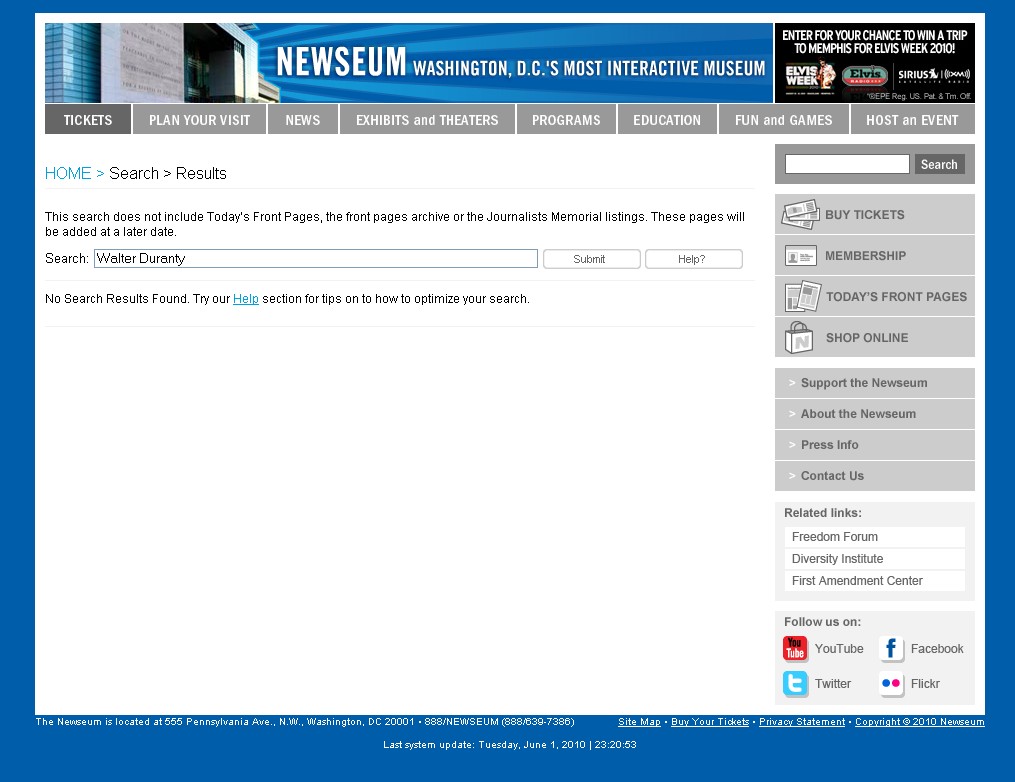Back on May 4 I posted some random thoughts about the Deepwater Horizon disaster. Surprisingly, all of them still hold true.
-The human cost still has taken a major back seat to the environmental cost
-Almost zero people reporting on the story knows anything about how a deepwater drilling rig works. I was taught that the word “busted” was not to be used when I was growing up, but I am reading a lot of stories that say things like “busted pipe”. That is a grammatical digression, I admit.
-I still think BP is trying everything they can muster to stop the leak(s)
-The market still seems to be doing a big shoulder shrug over the whole thing. The collapse of the eurozone and the poor jobs reports seem to weigh much heavier on the markets. And oil prices are going down.
-I did say that the federal response was quick (for them) but really can’t tell at this point if it is. A lot of people are slagging the Obama administration for acting slowly, but I don’t live there so maybe one of our commenters could clear that up.

